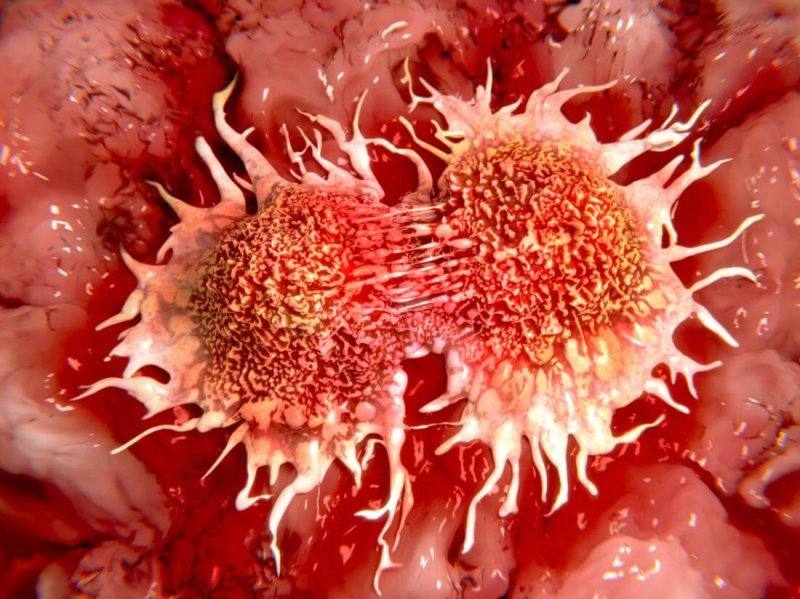Oncologists often specialize in treating cancer in one organ, to the exclusion of all others. Treatment regimens for one type of cancer (thyroid, say) seldom resemble those of another (such as bone). But that centuries-old view of cancer is changing.
As scientists and physicians better understand the genetic factors that initiate, drive and sustain cancer’s growth, they’ve noticed striking commonalities in cancers that once looked very different from one another.
The cells of certain lung cancers, for instance, have the same mistakes in their DNA-repair machinery as cells from melanomas, urothelial carcinomas and cancers of the head and neck. And the versions of the BRCA1 and BRCA2 genes that cause breast cancer to run in certain families also make ovarian and possibly prostate cancers more likely.
…
The discovery of links like these is leading to changes in cancer treatment. For example, some patients with pancreatic cancer are being put on the same medicine, and in the same oncology suites, as patients with certain types of lung cancer or Hodgkin lymphoma.Ultimately, the discovery could lead to a rewrite of the taxonomy of cancers.
The GLP aggregated and excerpted this blog/article to reflect the diversity of news, opinion, and analysis. Read full, original post: With cancer, it’s not necessarily where it starts but how it starts































